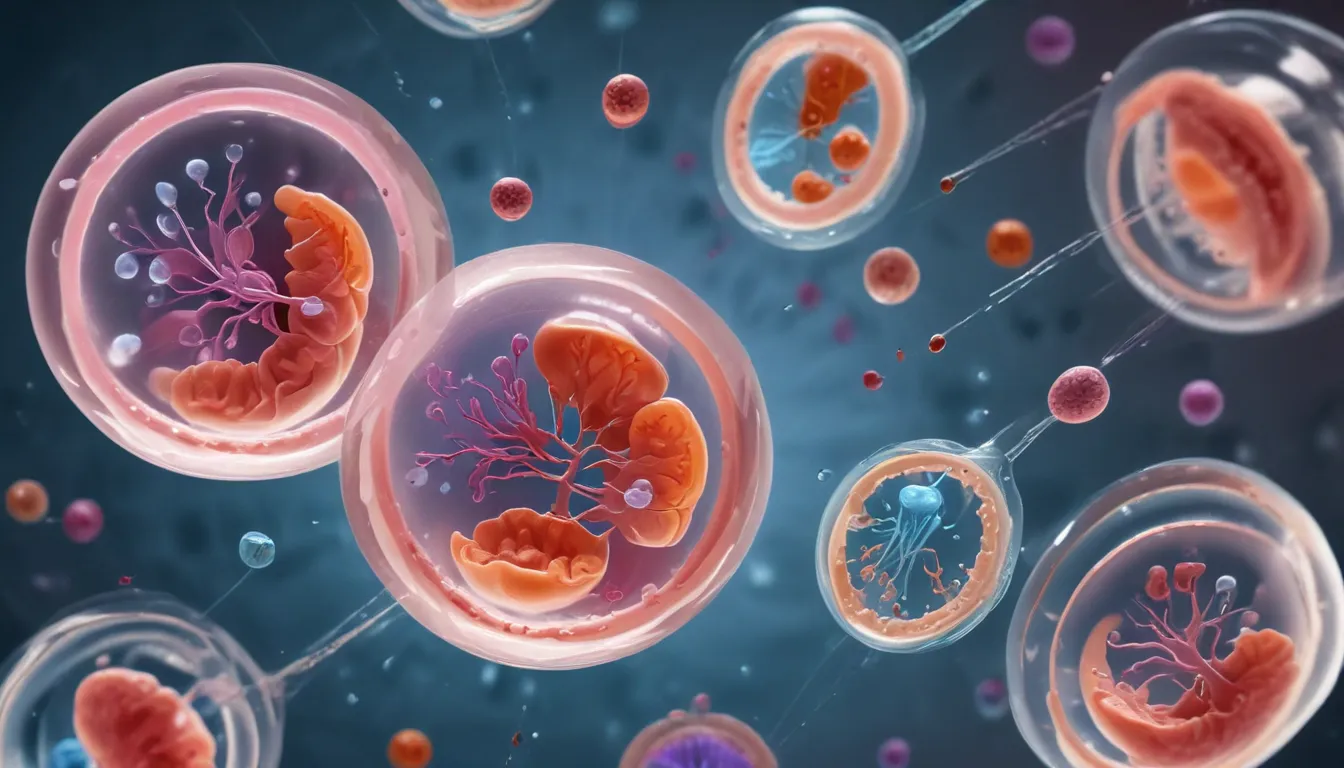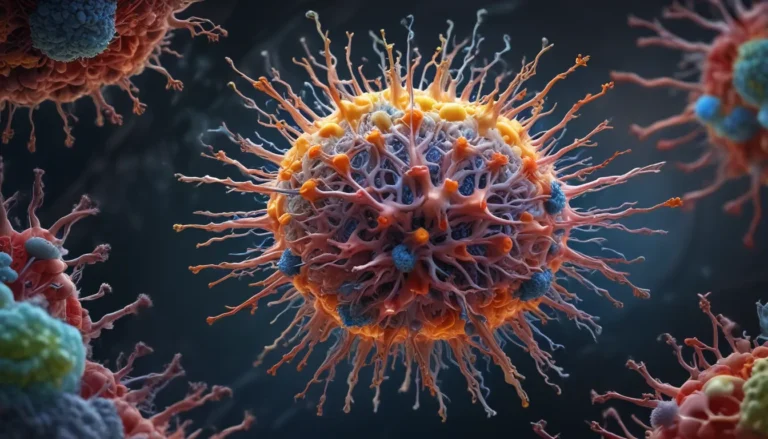A Note About Images: The images used in our articles are for illustration purposes only and may not exactly match the content. They are meant to engage readers, but the text should be relied upon for accurate information.
In vitro fertilization (IVF) stands as a beacon of hope for couples grappling with infertility, offering a pathway to parenthood through cutting-edge reproductive technologies. The history of IVF is rich with remarkable achievements and groundbreaking discoveries that have reshaped the landscape of assisted reproduction. This article delves into ten extraordinary facts about IVF, unveiling the wonders of this transformative procedure.
The Birth of IVF: A Revolutionary Milestone
The inception of IVF traces back to 1978 when British researchers Robert Edwards and Patrick Steptoe achieved the first successful IVF procedure resulting in the birth of Louise Brown. This historic event marked the beginning of a new era in assisted reproductive technology, forever changing the lives of millions of couples worldwide.
Empowering Hope: IVF’s Global Impact
Since its advent, IVF has become a beacon of hope for countless couples struggling with infertility, offering a lifeline to those yearning to experience the joy of parenthood. The remarkable success stories stemming from IVF have revolutionized the field of reproductive medicine, underscoring its profound impact on society.
Evolution of Success: Advancements in IVF
Over the years, advancements in technology and medical expertise have led to significant improvements in IVF success rates. Enhanced understanding of fertility, refined protocols, and genetic screening techniques have propelled the field of IVF forward, promising more favorable outcomes for couples seeking to build their families.
Unleashing the Potential: Versatility of IVF
IVF transcends the boundaries of conventional fertility treatments by offering solutions to a myriad of infertility challenges. From addressing blocked fallopian tubes and endometriosis to overcoming male factor infertility and ovulation disorders, IVF emerges as a versatile and effective option for diverse fertility issues.
Embracing Diversity: Donor Eggs and Sperm in IVF
In instances where individuals or couples are unable to produce viable eggs or sperm, IVF provides a lifeline through the utilization of donor eggs, sperm, or both. This inclusive approach has opened doors to parenthood for individuals facing unique reproductive challenges, fostering a sense of hope and possibility.
Pioneering Progress: Assisted Reproductive Technologies
The success and evolution of IVF have paved the way for an array of assisted reproductive technologies, including intracytoplasmic sperm injection (ICSI), preimplantation genetic testing (PGT), and egg freezing. These innovative techniques have expanded the horizons of fertility treatment, offering tailored solutions to individuals and couples.
Ensuring Genetic Integrity: The Role of PGT in IVF
Preimplantation genetic testing (PGT) empowers individuals to screen embryos for genetic abnormalities before implantation, mitigating the risk of hereditary diseases being passed on to the offspring. This breakthrough in reproductive medicine underscores the importance of genetic screening in enhancing the success and well-being of IVF pregnancies.
Nurturing Possibilities: Managing Multiple Births in IVF
While IVF enhances the likelihood of successful pregnancies, it also raises the prospect of multiple births due to the transfer of multiple embryos. However, advancements in embryo selection and implantation techniques have contributed to mitigating the incidence of multiple pregnancies, ensuring safer and more controlled outcomes in IVF.
Realistic Expectations: IVF as a Journey, Not a Destination
While IVF offers hope and promise to many, it is vital to recognize that success rates can vary based on individual factors such as age, health status, and underlying fertility issues. Managing expectations and exploring alternative options becomes essential in navigating the complexities of IVF treatment.
A Vision for Tomorrow: The Dynamic Landscape of IVF
As research and technology continue to advance, the field of IVF remains a dynamic and evolving realm of possibility. New techniques, protocols, and discoveries continue to shape the future of assisted reproductive technology, promising even greater success and innovation on the horizon.
Conclusion: Illuminating the Path to Parenthood
In vitro fertilization represents a significant leap forward in reproductive medicine, offering hope, resilience, and possibility to couples and individuals embarking on the journey to parenthood. While IVF presents unprecedented opportunities, it also underscores the importance of informed decision-making, emotional support, and holistic care throughout the fertility treatment process.
FAQs: Navigating the Landscape of IVF
-
What is in vitro fertilization (IVF)? – IVF is a medical procedure where an egg is fertilized outside the body and then implanted back into the uterus for potential pregnancy.
-
How successful is IVF? – The success rate of IVF varies based on factors such as age, egg and sperm quality, and medical expertise, typically ranging between 30-40% per cycle.
-
Are there risks associated with IVF? – IVF carries potential risks, including ovarian hyperstimulation syndrome, multiple pregnancy, ectopic pregnancy, and emotional stress. It is crucial to discuss these risks with your healthcare provider.
-
What is the duration of the IVF process? – The IVF process typically spans four to six weeks, encompassing ovarian stimulation, egg retrieval, fertilization, embryo development, and embryo transfer.
-
Is IVF a costly procedure? – Yes, IVF can be expensive, covering medications, diagnostic tests, doctor’s fees, and laboratory expenses. Exploring insurance coverage and financial assistance options is advisable.
-
Who can benefit from IVF? – IVF is beneficial for individuals or couples facing infertility due to various causes such as blocked fallopian tubes, male factor infertility, ovulation disorders, or genetic conditions.
-
Are there alternatives to IVF? – Depending on individual circumstances, alternative fertility treatments like intrauterine insemination (IUI), fertility medications, or surgical interventions may offer viable options. Consultation with a fertility specialist is recommended for personalized guidance.
Embark on a journey of discovery and empowerment as you explore the wonders of IVF and assisted reproductive technologies. With each revelation and advancement, the realm of fertility treatment beckons with new promise and potential, ushering in a future filled with hope, resilience, and the enduring spirit of possibility.





